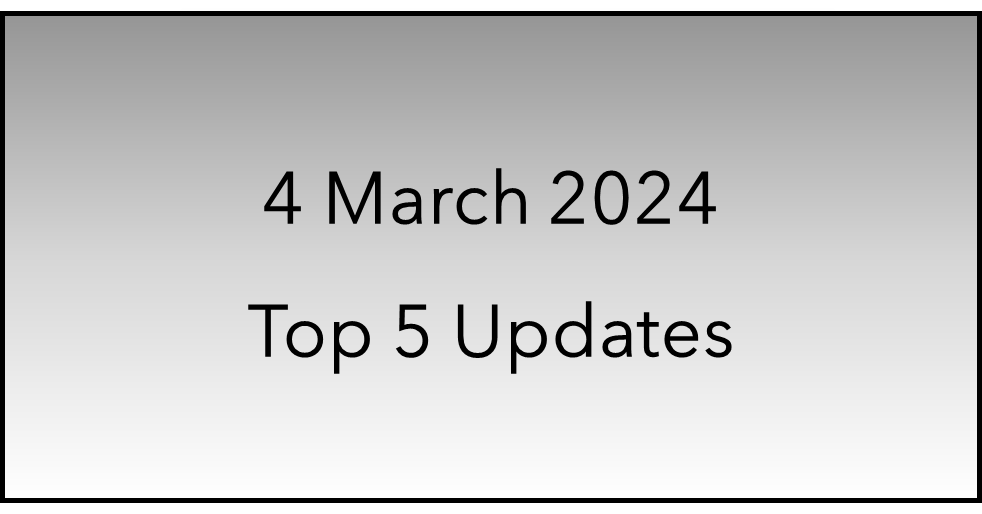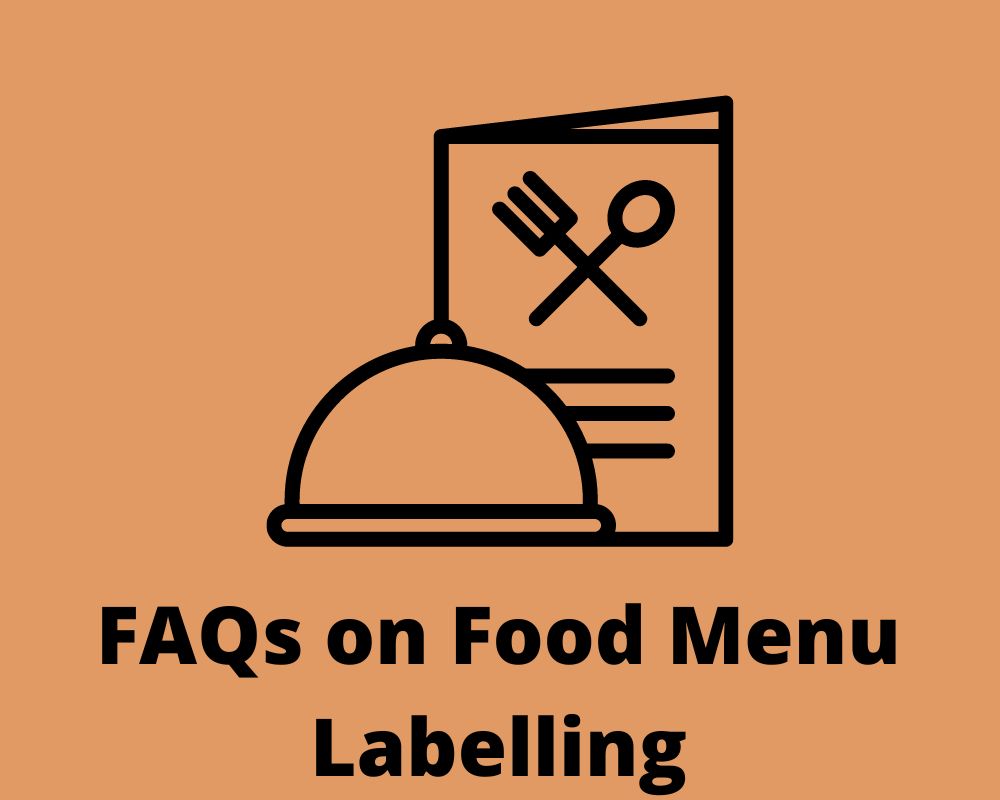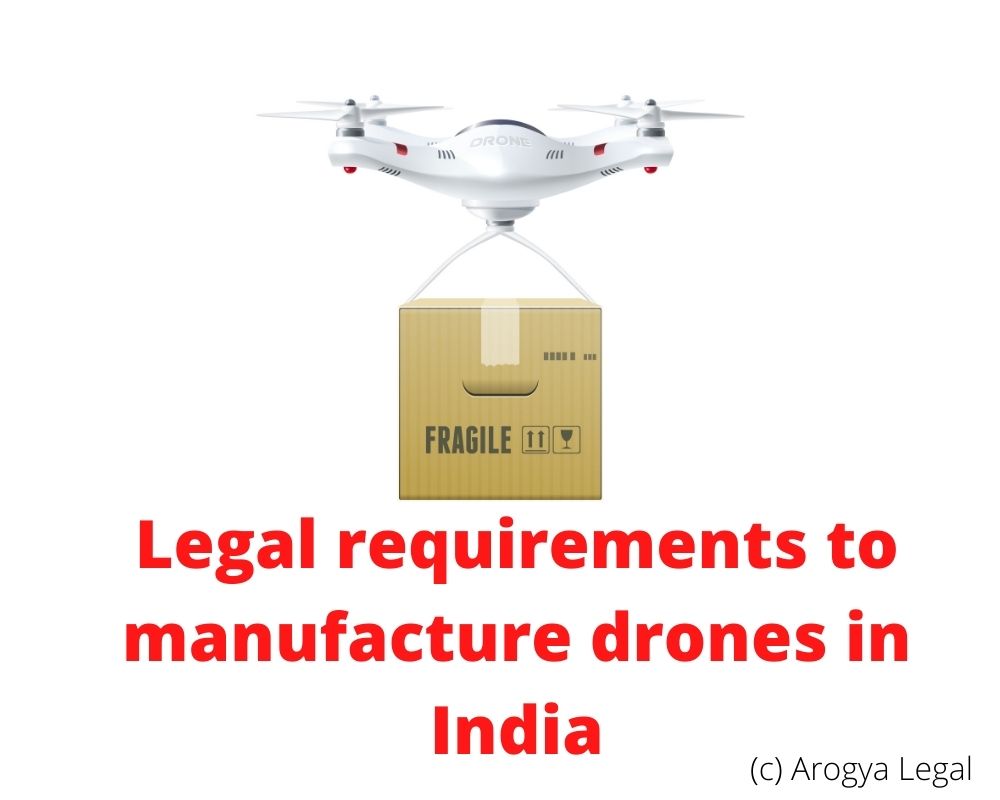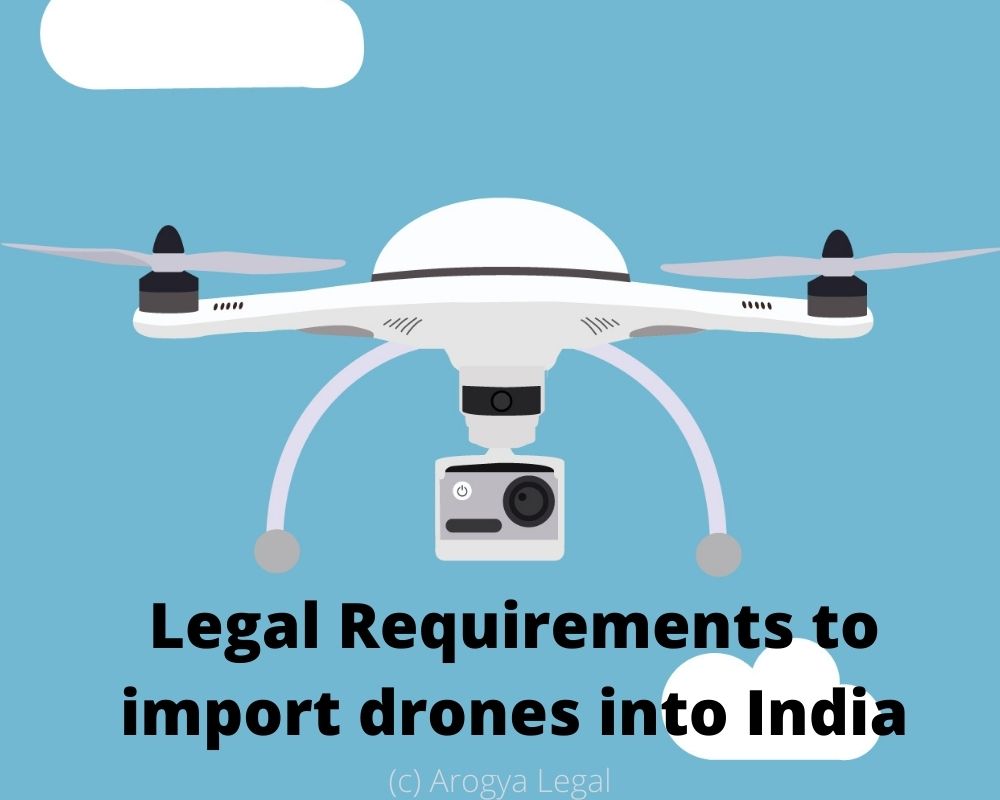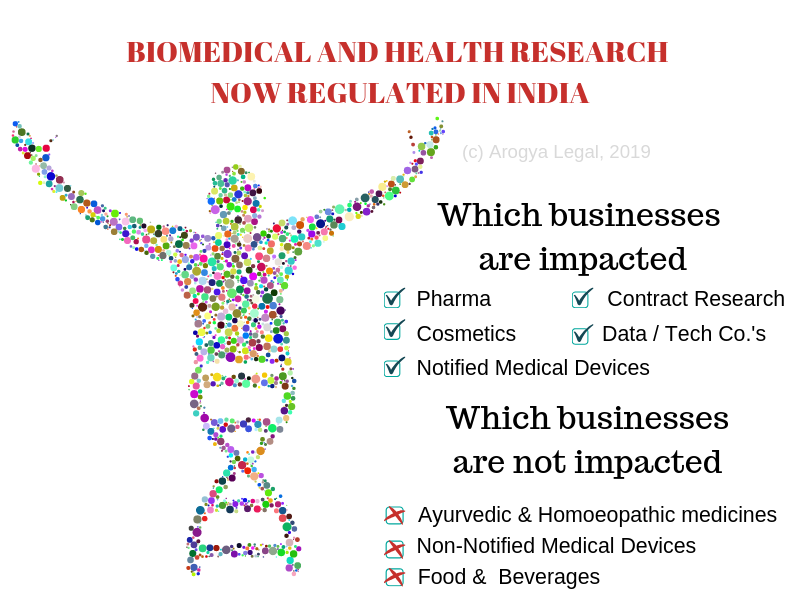The import of drones [also referred to as Unmanned Aircraft System (UAS) or Remotely Piloted Aircraft System (RPAS)] into India is governed by multiple laws, including: Aircraft Act, 1934, Indian Wireless Telegraphy Act, 1933, Indian Telegraph Act, 1885, Sea Customs Act, 1878 (as adopted by the Customs Act, 1962), and the Foreign Trade (Development and Regulation) Act, 1992.
The key permission required to secure an import clearance for a drone is the Certificate of Manufacture and Airworthiness from Director General of Civil Aviation (DGCA). However, there are many steps involved in the process of obtaining the said certificate.
In this article, we have described the procedure that has to be adopted before importing drones into India in a step-by-step manner.
Step 1- Obtaining Unique Authorization Number (UAN) for Importer
Persons seeking to import a drone have to first obtain a unique authorization number from the DGCA under the Unmanned Aircraft System Rules, 2021 (UAS Rules). It is important to note that only Indian citizens, enterprises (firms, partnerships etc.) and companies may seek authorization to import drones.
Prior to making an application for authorization, the importer first has to obtain security clearance from the Ministry of Civil Aviation (MCA) in consultation with Ministry of Home Affairs (MHA). The security clearance application may be made on the government portal https://e-sahaj.gov.in.
Upon receiving the security clearance, the importer will have to submit an application to the DGCA in Form UA – 1 of UAS Rules along with the specified fee. The fee varies for each category of drone.
After the process of authorization is complete, the DGCA will provide a Unique Authorization Number (UAN) for an authorized importer. This UAN will be valid for a period of 10 years unless suspended, revoked or cancelled.
Any change thereafter to the credentials relevant to the eligibility criteria for obtaining the UAN has to be informed to the DGCA, and a fresh authorization will be issued thereafter if the eligibility conditions continue to be fulfilled.
Step 2 – Obtaining Equipment Type Approval for wireless system used in the Drone
An Equipment Type Approval (ETA) from the Wireless Planning & Coordination (WPC) Wing has to be obtained for every model and make of drone that is sought to be imported into India.
ETA can be obtained by making an application in the specified format to a Regional Licensing Officer (RLO) of the WPC Wing. The RLOs are located in Delhi, Mumbai, Kolkata, Chennai and Guwahati. An application form along with the technical literature, radio frequency reports from accredited labs and the requisite fees have to be submitted while applying for ETA.
An ETA issued for particular make and model of a prototype drone can be used by future users of the same make and model.
Step 3 – Obtaining Unique Prototype Identification Number
Only a drone which has been granted a Certificate Manufacture and Airworthiness (CMA) by DGCA may be imported into India for sale and marketing. In order to obtain a CMA, first a prototype of the drone has to be imported into India for testing at an approved laboratory.
In order to import a prototype drone into India, the authorized importer has to make an application for obtaining a Unique Prototype Identification Number, which is unique to the particular prototype drone and references the serial number. The application to obtain the Unique Prototype Identification Number has to be made as per Form UA – 2 of UAS Rules along with the specified fee.
The Unique Prototype Identification Number received from DCGA has to be affixed on the Prototype drone in an identifiable and visible manner.
Step 4 – Obtaining Import Clearance for Import of Prototype UAS
Once the Unique Prototype Identification Number has been obtained, the next step is to make an application for prototype import clearance from DGCA. For seeking import clearance, an authorized importer has to make an application in Form UA – 6 along with the specified fee to the DGCA. Once the import clearance is received, the authorized importer may import the drone after obtaining import authorization from Director General of Foreign Trade (DGFT).
Step 5 – Obtaining IEC and Restricted Imports Authorization for Prototype UAS from DGFT
As per the Foreign Trade Policy, 2015 – 20 (FTP), notified under the Foreign Trade (Development and Regulation) Act, 1992, every person or entity who wishes to import any article into India for commercial purposes is required to obtain an Import – Export Code (IEC) from DGFT.
Furthermore, as per the FTP, articles whose import is ‘restricted’ under the Export and Import (EXIM) policy of India would also require an import authorization from Directorate General of Foreign Trade (DGFT) prior to import into India. The import of drones is restricted under India’s EXIM Policy (with the exception of nano drones). Therefore, import of a prototype drone will also require prior import authorization from DGFT.
An authorized importer can apply for restricted imports authorization on the government portal: https://www.dgft.gov.in/CP/
Step 6 – Obtaining Certificate of Manufacture and Airworthiness (CMA)
Once the prototype drone has been imported into India, the authorized importer is required to prove that the prototype drone is ‘airworthy’ i.e. it is capable of airborne operations as per the requirements stipulated by Indian law. A drone is considered to be airworthy only when it receives a Certificate of Manufacture and Airworthiness (CMA) from DGCA.
An authorized importer can obtain a CMA by making an application under Form UA – 3 of UAS Rules to the DGCA with the specified fee. Please note that unmanned aircraft flight manual and maintenance manual should also be prepared and submitted along with Form UA – 3. On receipt of duly filled application, the DGCA allots an approved laboratory for testing of drones. Upon allotment, the authorized importer has to submit the prototype drone which was imported into India along with design documents to the testing laboratory. The testing laboratory will test the prototype drone for its design, build and airworthiness. Once the testing laboratory validates the prototype drone and issues a test report, the DGCA will issue a CMA for specific type and class of a drone after being satisfied with the test report.
Step 7 – Obtaining Import Clearance for Compliant UAS
Once DGCA issues a CMA for a specific type and class of the drone, the authorized importer is required to make an application for its import clearance. Unlike import clearance for prototype, an import clearance of a compliant drone (i.e. a drone which has received a CMA) will allow the authorized importer to import drones in large quantity and for the purpose of sale and marketing in India. For obtaining import clearance for compliant drone, an application in Form UA – 7 of UAS Rules has to be made to DGCA with the specified fee.
Components or parts of drones which are intended to be imported also have to be approved by the DGCA in advance. An application in Form UA – 8 has to be made to seek import clearance of parts and components. The necessary documents to be submitted will vary depending on the purpose of import. For manufacturing purposes, the applicant needs to submit the manufacturer authorization and CMA. If the purpose of import is for R&D purposes, the R&D authorization and Unique Prototype Identification Number will have to be submitted. If the components or parts are being imported for maintenance, the owner’s authorization and CMA have to be submitted by the applicant.
Step 8 – Obtaining Restricted Imports Authorization for Complaint UAS from DGFT
Note that the restricted imports authorization obtained from the DGFT for prototype drone will not work for compliant drones. Therefore, a fresh restricted import authorization will have to obtained for compliant drones. Please refer to Step 5 in terms of applying for restricted imports authorization in context of importing Compliant UAS.
Exemption for Nano Drone
As of May 2021, Steps 5 and 8, insofar as they relate to obtaining restricted import authorization from DGFT, are not applicable for nano drones i.e. drones which are up to 250 grams in weight, with maximum speed up to 15 meters/second, having maximum attainable height up to 15 meters and range limited to 100 meters from remote pilot, which do not fly beyond visual line of sight and cannot carry a payload. However, this exemption may be revised or removed by DGFT in near future.
Once the requirements stipulated under Step 1 to Step 8 are in place, a drone may be lawfully imported into India.


